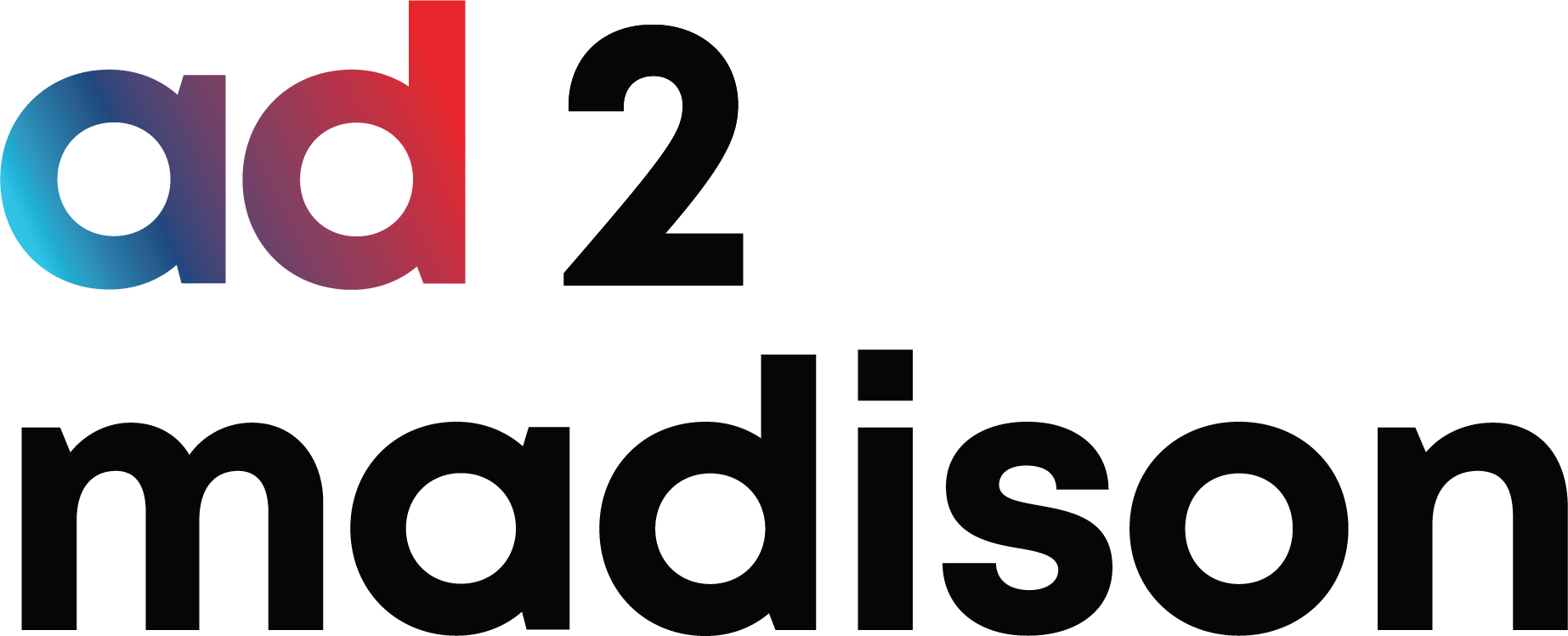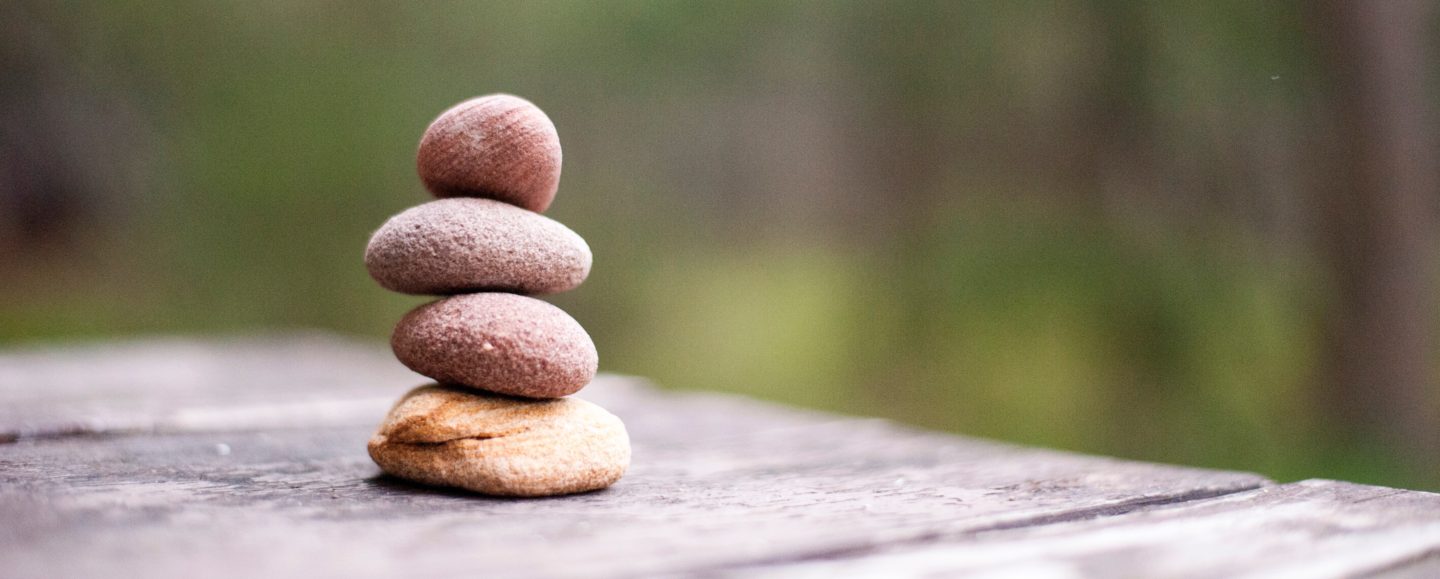We live in a world where it seems that no one sits still. It can be difficult to balance our side hustles, passion projects, and hobbies with our full-time careers — especially as digital natives with endless opportunities at our fingertips.
We asked some Ad 2 board members how they make their side projects and careers work together.
Cast of characters:
- Grace: a Multi-Media Account Executive at Morgan Murphy Media
- Lauren: the Digital Marketing Manager at Forte and a young adult fiction author
- Allie: the Marketing Production Coordinator at Pilch & Barnet, a thrift shop blogger, Etsy store manager, and photographer
- Kaine: the Marketing Communications Specialist at the UW–Madison Department of Biochemistry and a freelance science writer
- Andrea: a Social Media and Analytics Specialist at Gray Television/NBC15, pop-culture fanatic, and YouTuber
- Haley: a Content Specialist at The Digital Ring and a dog training enthusiast and social media blogger.
Here’s what they had to say.
Did you intentionally choose a career that is related to your hobbies or other interests?
Grace: Like many in the advertising and marketing industry, I fell into it. I did not go to school for communications or graphic design, and I had no vision of myself in an advertising role. When I took my first marketing job, a friend of mine convinced me to join Ad 2 to meet people in the industry. When I started to get more involved in Ad 2, I realized that my networking group was turning into a career interest. My next career move had to be in marketing and advertising because I found a passion for it. Ad 2 also helped me land my current job because I knew my supervisor through Ad 2.
Andrea: My career has turned into my hobby, and my hobbies are turning into my career! Growing up, I wanted to act. While in college, an acting mentor told me I should major in broadcast journalism and become a TV anchor — I thought he was nuts, so I majored in communications as a close second. I started in the advertising department of a broadcast television company and eventually worked my way to a social media specialist. Then, I saw a need for TV stations, so I started test producing and filming my own pop culture segments. If you want to do something, just do it; show your boss what you’re capable of and why they need whatever it is you’re trying to do.
Do you intentionally choose hobbies that benefit your career?
Kaine: Being a freelance science writer is definitely building off of something I do at my job every day. But I do enjoy it and it’s a different format and topic than what I usually do. I mostly write about soil science, crop science, and agronomy. But I also have other hobbies, which include gardening, biking, and yoga, to make sure I am doing something that isn’t related to work at all!
Haley: It’s the other way around for me. My career ended up as the result of investing in my hobbies and interests — so nowadays they all interact and work together, which is the coolest part!
Allie: I think this happened pretty organically. My blogging hobby started in high school before I really chose my career path. I ended up choosing a marketing/communications track, and having my blogging background really helped as a catalyst.
Does it ever feel weird to be so passionate about something that isn’t your career?
Lauren: Sometimes, although to be perfectly honest, I would love it if my hobby turned into my career. I used to be really embarrassed to talk about my writing. But I’m getting better at it. I think what makes it hard is that it can feel very personal, as any art form can. And because I write for young adults, I am very self-conscious about telling other adults about it. As most of us have experienced, there are some super judgy people out there, and someone judging you for something you care so deeply about can really, really detract you from your goals.
Haley: Sometimes it does. It’s hard to get quite as excited to write for certain client projects as I am to write about my dog and our training journey, but I think it’s a good challenge for me to bring the same level (or at least close) of enthusiasm to the table in everything I do.
Do you want to make money from your passion projects? Does making money off of something you love feel strange, or like a perfect scenario?
Allie: Absolutely! But that’s never been the priority. Starting out, money needs to be secondary and not the expectation. If it’s the main priority, burn out will happen almost immediately. With passion projects, it’s also important to figure out how to make money while you sleep. Jenna Kutcher always says “time is your greatest currency.” If you have a side hustle, time is super limited to nights and weekends. If you can figure out how to make money without needing to physically do anything, that’s your best bet. Making money off of something I create also feels strange sometimes. Often creatives attach themselves and their worth to their work. It’s hard to let your baby get criticized.
Haley: I’ve thought about this a lot, and I’ve never really been able to come to a decision. Not yet, anyway. I love the dog training world and pet community in general, and I think there’s a lot of potential for clear communication to help owners live better lives with their canines. But putting myself out there like that somehow feels dangerous — a little bit like baring my soul or showing up to work naked or whatever other metaphor you want to use — and I truly just don’t know if I’m ready for it yet. I want to build up my knowledge, skills, and rapport with the community before trying to make a profit in it at all.
What are the biggest transferable skills you’ve developed in your career and passion projects?
Grace: Honestly, just talking to people. Of course I could make conversation before, but I never really knew what networking meant or how to make meaningful work-related relationships. After a few happy hours, seminars, and conferences, you really get to know how to sell your personal brand, who you are, and how to get that to pay off for you in your career.
Haley: Writing, writing, writing. I’ve realized it’s a valuable skill in any industry, regardless of what you want to do! Basic knowledge of graphic design, website development, and general psychology are also really helpful.
How do you set daily, weekly, and monthly priorities?
Kaine: I make a ton of lists and calendar notifications. I also have a flagging system in my email to know what still needs to be worked on. For a freelance story, I have to look at my deadline and map out backwards from there when I need to schedule an interview by (in particular leaving time for when sources don’t email me back), go over my notes, start writing, and finally self-edit. It’s not uncommon for me to put each of these timepoints on my calendar so when they go off, I know where I should be.
Lauren: This has been one of the hardest things for me. I’m not really good at self-set deadlines, so finding other ways to be held accountable is really important for me. I’ve luckily found a really great community on Twitter full of hopeful writers and published authors who support each other. I participate in “challenges” so-to-speak that others create that forces me to get my s*** done. I’ve done NaNoWriMo (National Novel Writing Month) every November for the past 8 years and have found a challenge this fall to join called #FinishUrBookFall.
What are your go-to time management hacks?
Allie: First of all, my biggest lesson has been to not say yes to everything. “Yes” is the time management killer. Set boundaries for yourself and recognize when you need a break. Also, content calendars, lists, and scheduling tools! I plan out all of my Instagram posts on Planoly so I don’t need to worry about it day of. Automate as much as possible!
Andrea: Authenticity is really important to me. With the internet being so saturated with “putting on an act,” I like to produce content how and when it feels right for me. If I put a timeline on something, it’d feel like a job, so I do things when I feel creative and in the mood. Sooo I don’t practice time-management.
Grace: I like making lists. I have a weekly to-do list and a projects list for both home and work. If I don’t finish a task by the end of one week, I move it to the top of next week’s list. It’s a great way to avoid having things fall through the cracks, and I find it so satisfying to cross items off. If I start to feel overwhelmed by the lists, I turn to the smallest, easiest tasks first. Once I knock out a few, I have my momentum back.

